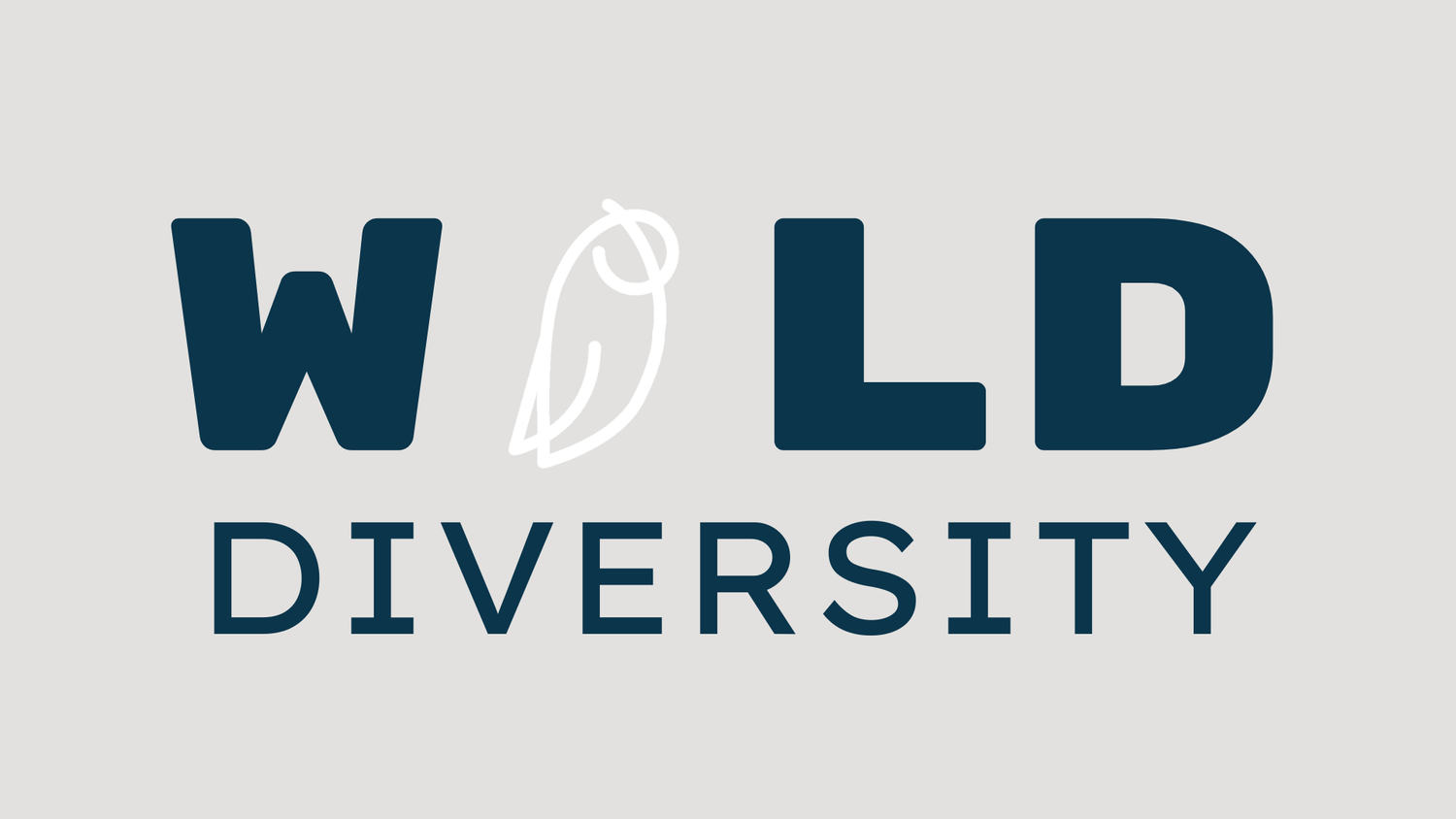Half a Year into BIPOC Conservation: Reflections | Dez Ramirez
Wild Diversity is about five months into its BIPOC Conservation Program. Over these last few months, we’ve gathered consistently once per month, we’ve started getting to know each other, and we’ve even gotten outside a bit together. But what does this have to do with conservation work? Everything.
We’re prioritizing connection with one another right now, and practicing consistency in the spaces in which we see each other. In the past we’ve experienced and been witness to the isolation BIPOC have all felt “being the only one” at their organization. Wild Diversity decided to do something about that, and change it.
This past Spring, we met on Zoom a handful of times and discussed the types of work we do, the highs and lows of it, and started to get into the different aspects of conservation that we represent (land, water, food security, wildlife, policy - to name a few). Some people weren’t even working in conservation, but were curious about it. They had found the right place with our group.
Seeing One Another At our community mixer in May, we opened up our new space in Northeast to the community and provided an opportunity for people to show up, enjoy some food and drink, and just be. Some people were coming from work, feeling shy, tired, uncertain, excited, and curious. We welcomed it all, and showed off our new gear library and office space, letting the community know that it was there for them, now and always. Folks were able to relax, decompress, and just talk in a setting where it was ok for them just to be themselves. It was a wonderful moment to just let organic connection and community building begin to foster in an intimate setting.
Changing Our Language In June, a group of us went on a nature walk with watershed and climbing badass Anne Marie Santos of Portland Parks & Recreation. The group met at Wilkes Creek Headwaters in Northeast, and we took a stroll around, decompressing from work, identifying plants, and appreciating the quiet of dusk in the open meadow of Wilkes Creek. At the headwaters, in a grove of old growth cedars, we listened to the trickling of the natural spring, freshwater coming up from the earth. It was here that a conversation began around the importance of language in our work. As BIPOC conservationists trying to make radical change, we asked ourselves: how do we decolonize the way in which we talk about conservation and stewardship work? We discussed nuanced changes like replacing the word “restoration” with “enhancement.” Who are we to imply that those that came before us didn’t tend to the earth properly, and we were there to make it “better”?
Learning From One Another, Together Coming out of our gathering in June, it had become clear that many people had never experienced the Columbia Slough (a body of water in which Wilkes Creek Headwaters flow into). So, we braved the unordinary heat of July in Portland and got out on the Columbia Slough last month for a mellow paddle on the water. Having learned how to canoe on the Slough myself a few years ago, I co-led the trip with Adventure Guide Ashley Lema. Together we all carried boats down to the put-in at Whitaker Ponds, sweating and not complaining, and we made it onto the water for golden hour. The Slough was peaceful, cool, and we spotted Great Blue Heron, Kingfisher, Nutria, and a few ducks. With the water thick with algae from the summer heat, we imagined what the Slough was like before colonization, and industrialization. It was hard to picture what was once spring fed freshwater and wetlands being paved over with parking lots, industrial metal factories, and golf courses. We discussed water quality and why recreating on the Slough matters in the bigger picture of caring for it. It’s an important wildlife corridor, and we were able to see some of that in action that evening.
Conservation work is slow and steady. Sometimes it’s meandering. Sometimes, it’s like a class five rapid you’re about to rush through. It requires patience, and persistence. By holding space for our BIPOC Conservationists each month, we hope to re-charge and inspire ourselves in this work by learning from one another, visioning and sharing our change, and applying that out in our work and out in the natural world.
The BIPOC Conservation Community will continue to meet in person monthly, the last Thursday of each month. Please join us for an upcoming meet-up or event.



